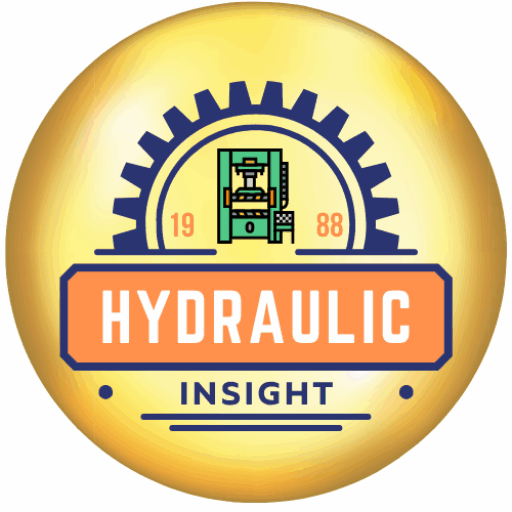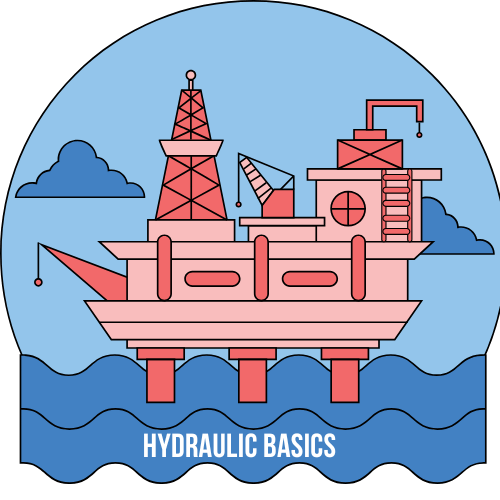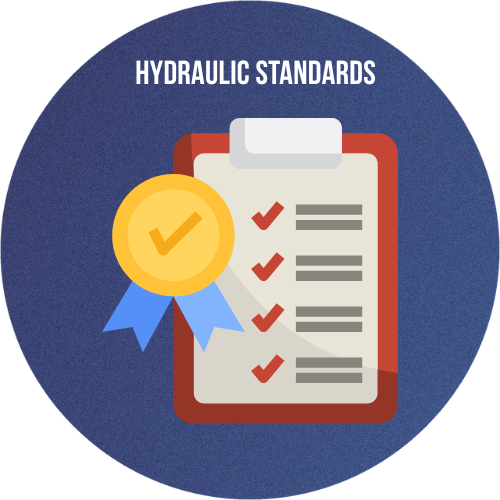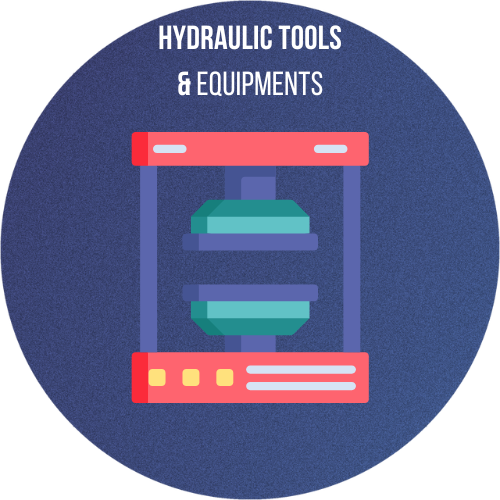Hydraulic Power Unit (HPU)
Hydraulic Power Units (HPUs): Backbone of Industrial Fluid Power
A hydraulic power unit (HPU) is the heart of any hydraulic system. It serves as the centralized source of pressurized hydraulic fluid that drives actuators like cylinders and motors. Whether it’s lifting a 20-ton press, steering a vessel, or operating precise tooling machinery, HPUs deliver consistent and controlled power to get the job done. This article explores the functions, components, applications, and considerations when choosing a hydraulic power unit.
🔍 What is a Hydraulic Power Unit?
A hydraulic power unit is a self-contained system that generates, stores, and controls pressurized hydraulic fluid. It typically includes:
-
A hydraulic pump (gear, vane, or piston type)
-
An electric motor or engine to drive the pump
-
A reservoir to hold hydraulic fluid
-
Valves for flow and pressure control
-
Filters to remove contaminants
-
Cooling systems for thermal management
-
Accumulators (optional) for energy storage or pressure compensation
Unlike individual hydraulic components, HPUs are modular and portable. They can be integrated with multiple machines and are often used in centralized hydraulic systems in factories or mobile equipment.
🧩 Main Components of a Hydraulic Power Unit
1. Hydraulic Pump
The pump converts mechanical energy into hydraulic energy by forcing fluid into the system. Pump type impacts flow rate, pressure capacity, and noise level.
2. Electric Motor or Engine
Motors (AC or DC) or diesel engines drive the pump. Electric motors are more common in stationary applications, while engines are used in mobile units.
3. Reservoir (Tank)
Stores hydraulic fluid, allows heat dissipation, and gives space for air separation and contaminant settling. Sizing depends on system volume and cooling needs.
4. Directional, Pressure, and Flow Valves
These valves manage where fluid goes, how much pressure it builds, and how quickly it flows through the system.
5. Filtration System
Includes return-line filters, pressure filters, and sometimes breathers or magnetic strainers. Clean fluid means longer component life and fewer failures.
6. Cooling Elements
Heat exchangers (air or water cooled) are used to maintain fluid temperature within safe operating limits.
🛠️ Types of Hydraulic Power Units
| Type | Description |
|---|---|
| Standard HPU | Fixed output, general-purpose use in machinery and automation |
| Compact/Mini HPU | Portable, space-saving, used in mobile or light-duty systems |
| Custom-Engineered HPU | Tailored units with specific flow, control, or footprint needs |
| Diesel/Electric-Powered | For off-grid or industrial plant environments |
| Open/Closed-Loop HPU | Based on whether fluid returns directly or recirculates |
🏭 Applications of Hydraulic Power Units
Hydraulic power units are used across industries wherever controlled, high-pressure fluid power is needed:
▪ Manufacturing Plants
Drive hydraulic presses, cutting machines, and robotic automation arms.
▪ Construction Equipment
Power cranes, pile drivers, trenchers, and concrete pumps on-site.
▪ Marine & Offshore
Control rudders, winches, hatch covers, and offshore drilling equipment.
▪ Automotive & Aerospace Testing
Simulate loads, fatigue testing, or operate flight simulation rigs.
▪ Agricultural Machinery
Provide force to lift and control sprayers, balers, and seeding implements.
✅ Advantages of Using a Hydraulic Power Unit
-
High power density in a compact design
-
Scalable output from low to ultra-high pressure (up to 5000+ psi)
-
Reliable and continuous operation under harsh conditions
-
Modular integration across different machines
-
Customizability with smart controls, sensors, and remote operation
⚠️ Key Considerations When Choosing an HPU
-
Flow and Pressure Requirements – Define operating PSI and GPM.
-
Application Environment – Indoor, offshore, mobile, or dusty?
-
Power Source – Electric, diesel, or hydraulic hybrid?
-
Control Type – Manual, proportional valve, or fully automated PLC?
-
Footprint and Noise Constraints – Especially in labs or urban areas
-
Filtration and Fluid Type – Mineral oil, fire-resistant, or biodegradable?
🧠 Pro Tips for HPU Operation and Maintenance
-
Never exceed max pressure ratings – use relief valves properly
-
Change filters regularly to avoid system contamination
-
Keep fluid clean and cool – monitor temperature and viscosity
-
Bleed air from the system after service or refill
-
Log and monitor performance data for preventive maintenance
🔗 Internal Linking Strategy
To maximize SEO and user engagement, the “Hydraulic Power Units” page should internally link to:
🔚 Conclusion
A hydraulic power unit is more than just a pump and motor—it’s a complete system that powers modern industry. Whether you’re selecting an HPU for an offshore rig or a compact manufacturing cell, understanding its design, components, and maintenance is critical for performance and safety.
At HydraulicInsight.com, we provide in-depth guides, product comparisons, and real-world advice to help you choose, operate, and maintain your hydraulic power systems.


 HYDRAULIC BASICS
HYDRAULIC BASICS  HYDRAULIC COMPONENTS
HYDRAULIC COMPONENTS  HYDRAULIC SYSTEM
HYDRAULIC SYSTEM  HYDRAULIC SYMBOLS
HYDRAULIC SYMBOLS  HYDRAULIC STANDARDS
HYDRAULIC STANDARDS  HYDRAULIC CALCULATORS
HYDRAULIC CALCULATORS  HYDRAULIC TOOLS
HYDRAULIC TOOLS  BUYER’S GUIDES
BUYER’S GUIDES 
